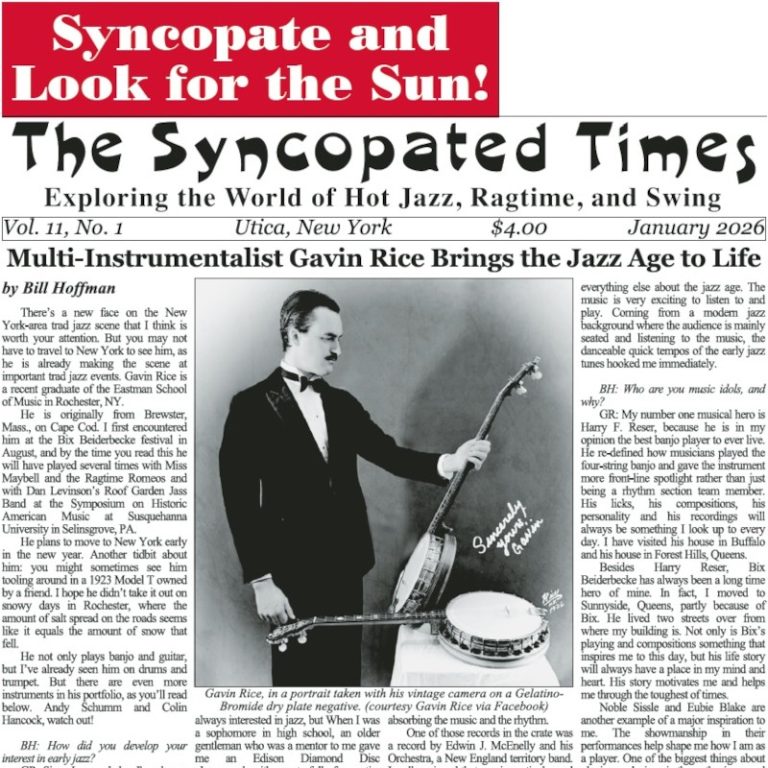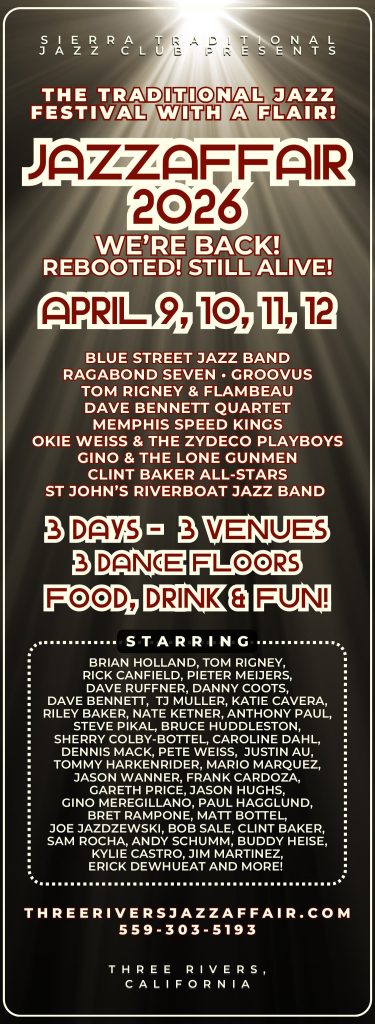The present certainly has its discontents. As my veneer of magnanimity and tolerance wears molecule-thin, even I must concede that it is too mean, ugly, and noisy for endurance. It’s cheap in terms of quality and expensive with regard to cost. Shrinkflation irritates me so much, I should see a shrink—though he would probably be short with me. A 45-minute hour is the new economy-sized session. Think of the time and money you’ll save as you spend more for less!
Both sides in the quadrennial electoral struggle have a beef with the present day, and both have a vision for the future that is oddly reminiscent of a vision of the past. In each instance, they seem to have mistaken their rear-view mirror for a crystal ball.
One side has blurry memories of martinis and highballs slugged down while wearing white sport coats at exclusive country clubs where Robert Young was chosen Father of the Year. God Himself held a cabinet position and it was all just so gracious and lovely.
The other side yearns vaguely for the days when those who were denied membership to those clubs began to be seen as human beings in their own right. The nostalgia is for the dimly-remembered struggle of Happy Warriors breaking down the barricades and cutting through the barbed wire preventing access to those sacred places by the insufficiently pale and male and wealthy. They keep going on about something called �
You've read three articles this month! That makes you one of a rare breed, the true jazz fan!
The Syncopated Times is a monthly publication covering traditional jazz, ragtime and swing. We have the best historic content anywhere, and are the only American publication covering artists and bands currently playing Hot Jazz, Vintage Swing, or Ragtime. Our writers are legends themselves, paid to bring you the best coverage possible. Advertising will never be enough to keep these stories coming, we need your SUBSCRIPTION. Get unlimited access for $30 a year or $50 for two.
Not ready to pay for jazz yet? Register a Free Account for two weeks of unlimited access without nags or pop ups.
Already Registered? Log In
If you shouldn't be seeing this because you already logged in try refreshing the page.




